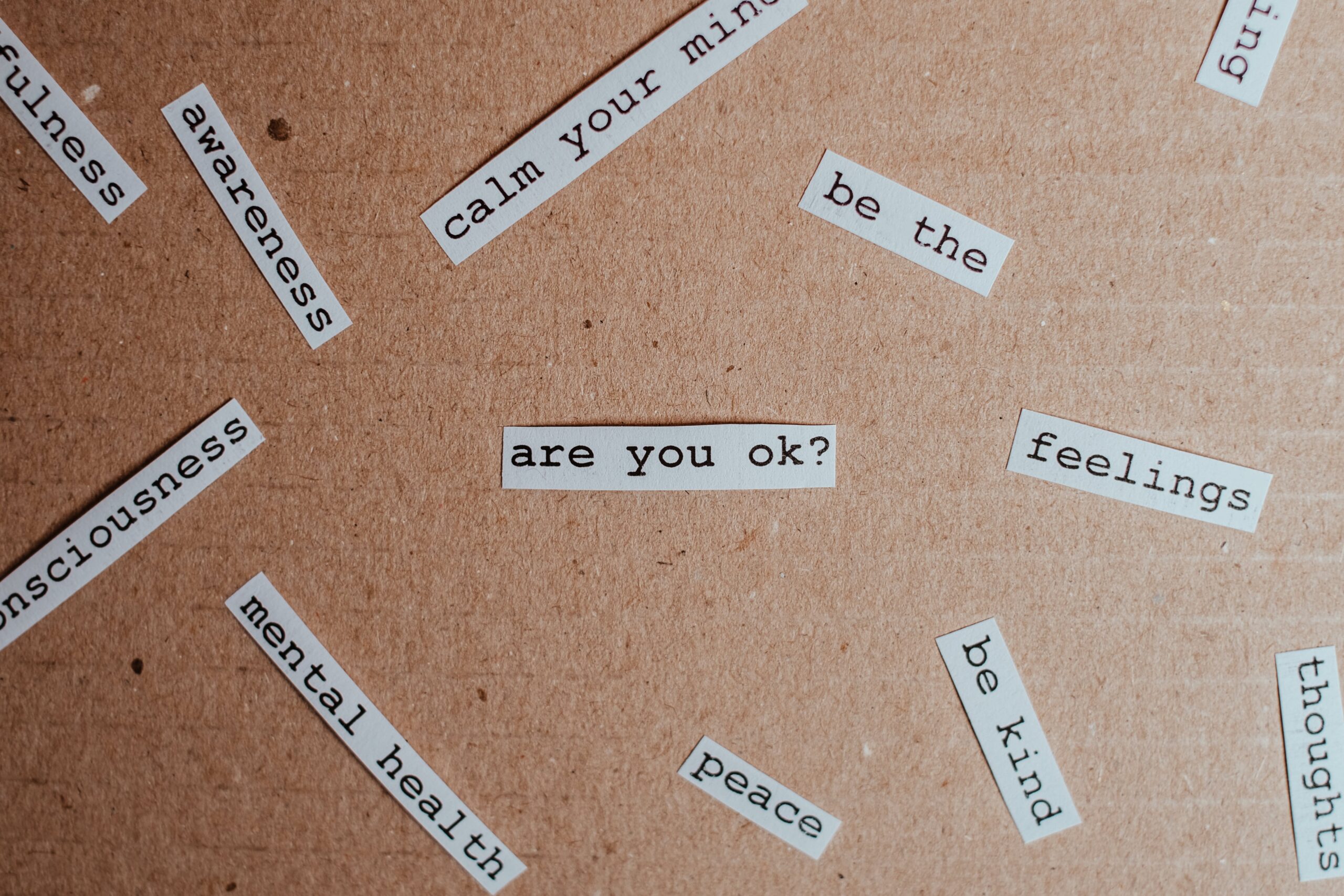Divorce and suicide awareness ought to go hand-in-hand. The divorce process is difficult and traumatic. If you know someone who’s going through a divorce, please reach out to them and show them that they matter. Those who have been through a divorce know just how agonizing it is to cope with the heartbreak and sadness. If you yourself are going through a divorce, now is not the time to shun the idea of going through counselling. While there is an unfortunate mental health stigma, especially concerning men, therapy during the divorce process should be considered to be a necessity.
No One Dies from Divorce…
Leading attorney Jill Coil wrote No One Dies from Divorce because it’s true: divorce itself cannot kill you. However, that doesn’t mean that divorce is easy, or that everyone is going to get through it completely unscathed—but more on that later. You have what it takes to make it through a divorce, even if you’re at rock bottom, the only place you can go is up. If you’re going through divorce, times will be difficult, but there is light at the end of the tunnel. The average person gets remarried around three years after they got divorced. That means that, even though your life may be turned upside down at the time of your divorce, things could go back to being stable in a relatively short period of time.
…But That Doesn’t Make It Easy
Knowing that things could turn around in a short period of time can make things feel less overwhelming, but it likely cannot take away the pain you’re feeling right now. While nobody dies from divorce, plenty of people do die from the depression, loneliness, and mental health struggles that come with the divorce process. Tragically, many people decide to take their own lives because they feel as though the divorce process is just too overwhelming. If you’re struggling to make it through each day, don’t be too hard on yourself: the pain of the divorce, along with the process, and the societal stigma can cause people to feel as though the world is crashing down around them. If you’re feeling the pain of divorce, don’t get too hard on yourself, and remember that you are strong enough to make it through this.
Practicing Self-Care
Practicing self-care doesn’t mean overindulgent selfishness, or telling everyone to get out of your way ‘cause you’re doing what you want. Instead, self-care means taking care of yourself physically, mentally, and spiritually. If you’re religious, do not stop attending spiritual practices just because you’re going through a divorce, and you feel like you can’t get out of bed. Taking care of your mental health may mean intentionally setting aside time to re-charge, engage with hobbies, or reading personal development books. Finally, taking care of your physical health means eating nutritious food, exercising, and maintaining good hygiene—even on days you don’t feel like showering.
Avoiding Pitfalls
Divorce is so painful that many people will turn to anything in order to avoid the pain they’re feeling. Unfortunately, this often means drugs, alcohol, or other substances. Behavioral addictions are also prevalent during this time. While some of these addictions may feel like they’re numbing the pain, they often add more pain and heartache down the line, especially when there are children involved. Not only can they have a negative impact on your children and your relationship with your children, but addictions can also make it difficult for people to pull themselves out of a depressive episode. Instead, those with addictions tend to get into a cycle that can be very difficult to break, especially when the addiction is being used to numb emotional pain.
Reaching Out
When you’re going through a divorce, it’s important to reach out to others during this time. While there’s still an unfortunate mental health stigma, especially for men, getting help from a qualified mental health professional can be the difference between life and death. Not only can mental health professionals help you learn coping skills to get through the divorce, they can also help you heal the pain and the trauma that you’ve endured in the time leading up to filing for divorce. Attending a support group for those who are also going through the divorce process can also help you heal from the pain of divorce. At any time, you can dial 988 and speak with someone at the suicide hotline. While nobody dies from divorce, the depression that comes with the divorce process has taken many, many lives. If you’re in crisis, reach out for help right now.


